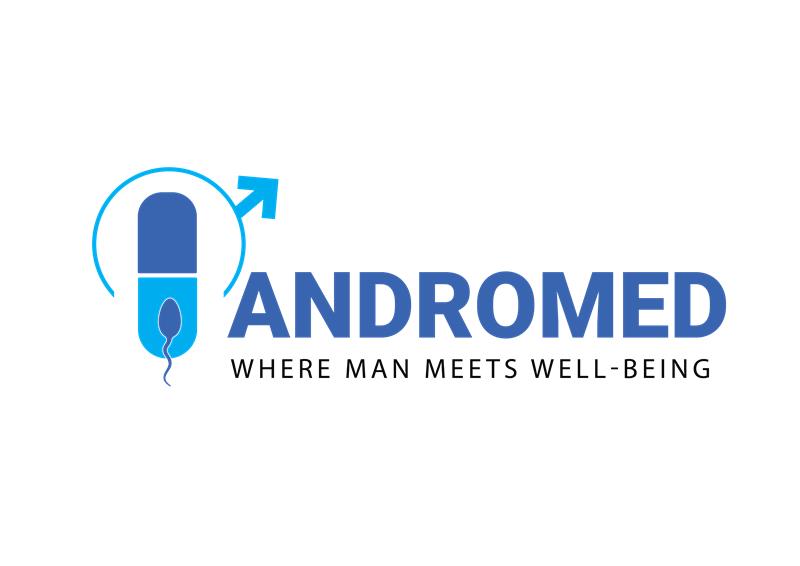BLOG
.png)
Jan 19,2024
5 Signs and Symptoms of Erectile Dysfunction
Erectile Dysfunction (ED) is a prevalent condition that affects a significant number of men worldwide. Regrettably, it is still a subject enveloped in stigma and silence. Recognizing the signs and symptoms of ED is vital for early detection and effective management. In this blog post, we will explore five key indicators that may suggest the presence of erectile dysfunction. Additionally, we will discuss potential underlying causes and the available treatment options. Our aim is to shed light on this important issue and provide valuable insights for those seeking guidance in this area.
1.Difficulty Achieving or Maintaining an Erection
One of the most common and unmistakable signs of erectile dysfunction is the persistent challenge of achieving or maintaining an erection. Men experiencing ED may encounter situations where their erections are not sufficiently firm for engaging in sexual intercourse, leading to difficulties in intimacy and causing emotional distress.
Psychological Factors
Psychological elements like stress, anxiety, depression, and relationship challenges can greatly impact erectile dysfunction. Recognizing the significance of these factors is vital for both diagnosis and treatment. Addressing the psychological aspects of ED may involve recommendations for cognitive-behavioral therapy, counseling, and stress management techniques.
2.Reduced Sexual Desire
One of the signs of erectile dysfunction is a significant decrease in sexual desire or libido. Men who used to have a strong interest in sexual activities may now feel disinterested or indifferent towards intimacy.
Hormonal Imbalances
Fluctuations in hormone levels, specifically a decline in testosterone, can have an impact on sexual desire and function. Healthcare providers may suggest hormone replacement therapy as a potential solution. However, it is crucial to thoroughly evaluate each case, as the advantages and disadvantages of hormone therapy may differ.
3.Premature or Delayed Ejaculation
Erectile dysfunction can present itself through ejaculatory problems, including premature or delayed ejaculation. Although these issues may not appear to be directly connected to ED, they can serve as indicators of underlying sexual function concerns. The likelihood of experiencing ejaculatory problems increases with age. Treatment options for premature or delayed ejaculation may include medication, therapy, and lifestyle changes.
Neurological Factors
Neurological disorders, like multiple sclerosis or Parkinson's disease, can impact the nerves controlling ejaculation. A comprehensive diagnosis and customized treatment plans require a profound understanding of the neurological aspects of erectile dysfunction (ED). To effectively address these concerns, neurological evaluations and interventions may be necessary.
4.Penile Curvature or Pain
Physical symptoms, such as curvature of the penis or pain during erection, may indicate the presence of erectile dysfunction. Peyronie's disease, which involves the formation of fibrous scar tissue in the penis, can result in deformities and discomfort during sexual activity.
Vascular Issues
Vascular issues, such as atherosclerosis or other cardiovascular conditions, can impede blood flow to the penis, resulting in pain and curvature. Making lifestyle changes, such as adopting a heart-healthy diet and maintaining regular exercise, plays a vital role in managing erectile dysfunction caused by vascular problems. Moreover, medications that enhance blood flow may be prescribed to alleviate the condition. A thorough evaluation by a healthcare professional is necessary to determine the appropriate treatment for each individual.
5.Frequent Morning Erections
Although morning erections are a normal physiological response, a sudden decrease in their frequency or complete absence can indicate the presence of erectile dysfunction. These morning erections serve as a natural indicator of healthy erectile function, often occurring during REM (rapid eye movement) sleep cycles. In the absence of morning erections, further medical assessment is necessary.
Endocrine Disorders
Endocrine disorders, like diabetes or thyroid dysfunction, have the potential to disturb hormonal equilibrium and influence the occurrence of morning erections. It is crucial to effectively manage these underlying health conditions through medication and lifestyle modifications to restore normal erectile function. Adherence to prescribed treatment regimens and regular health check-ups should be prioritized.
Treatment options for erectile dysfunction vary from oral medication to injections, vacuum devices, and surgical procedures. Psychological counseling may also be necessary for individuals experiencing performance anxiety or relationship issues that contribute to erectile dysfunction. Open communication with healthcare professionals is vital in finding the most suitable treatment plan.
Treating Erectile Dysfunction
Aside from prescribed medications, various lifestyle habits can assist in managing erectile dysfunction. Regular exercise promotes cardiovascular health and subsequently improves blood flow to the penis. A balanced diet rich in fruits, vegetables, whole grains, and lean proteins also provides essential nutrients for healthy sexual function.
Moreover, avoiding smoking and excessive alcohol consumption has shown to have positive effects on erectile function. Substance abuse and illicit drug use should also be avoided as they can negatively impact sexual performance.
Conclusion
ED is a common condition that can significantly impact an individual's quality of life. However, with proper medical intervention and lifestyle modifications, it can be effectively managed. It is essential to seek professional help if experiencing symptoms of erectile dysfunction as early detection and treatment can lead to better outcomes. Maintaining overall physical and mental well-being is crucial in preventing and managing ED. Remember, open communication with healthcare professionals and partners is key in finding the most suitable treatment plan.
Remember, open communication with your partner and healthcare provider is crucial in finding the best treatment plan for you. So don't hesitate to seek help if you are experiencing any signs or symptoms of erectile dysfunction.
Overall, prioritizing and taking care of one's sexual health is essential for a fulfilling and healthy sex life. With the right knowledge and support, managing morning erections and erectile dysfunction can be effectively addressed to improve overall quality of life.
Copyright © . Karthikeyan V S. All Rights Reserved.
Powered By: Cortex Media Marketing Pvt Ltd


